Summer 2023
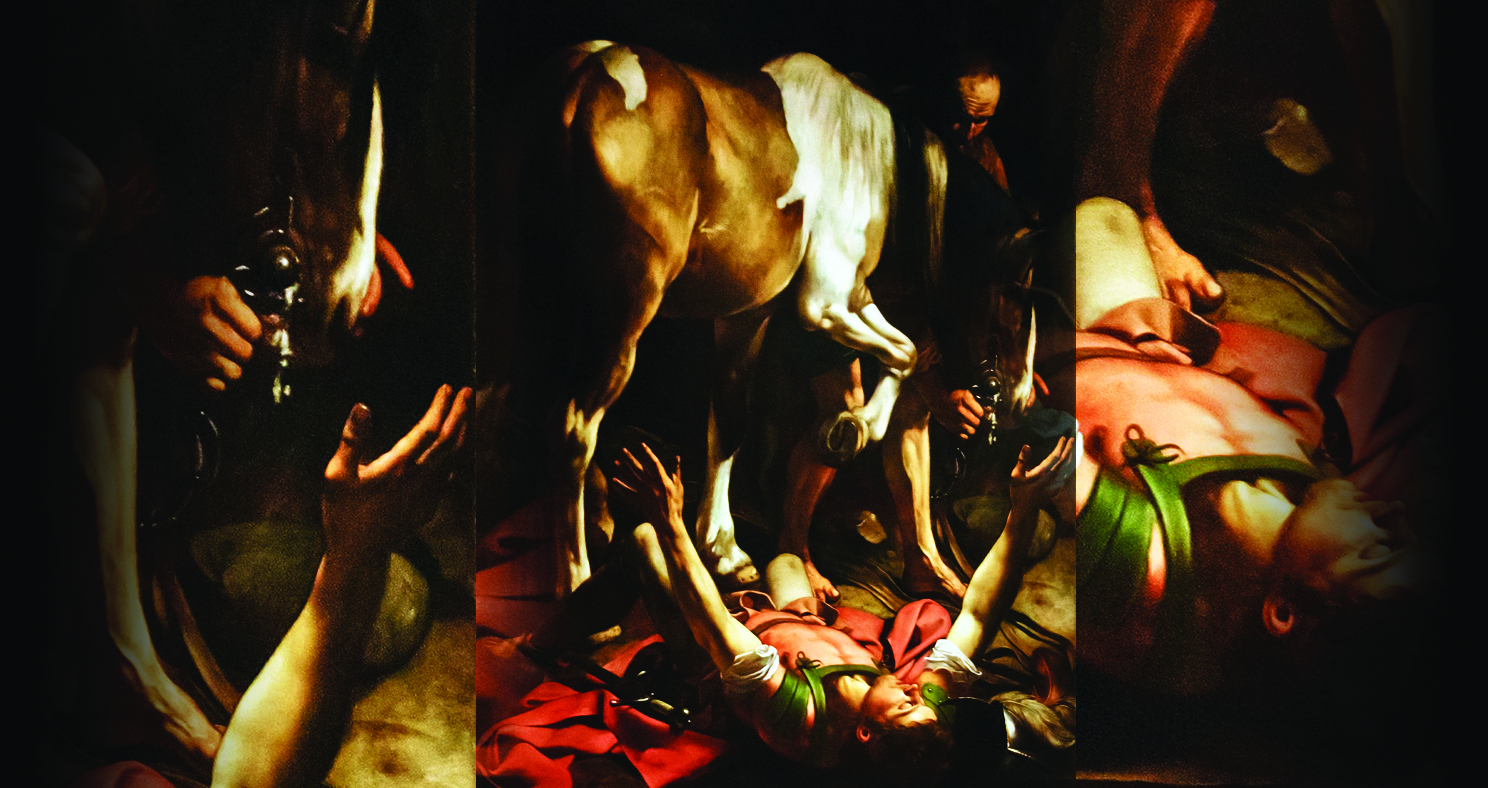
Michelangelo Merisi da Caravaggio (1571-1610) was both a beloved and rejected painter of the Baroque era. His paintings, which often included realistic figures, theatrical lighting, and dark, obscure settings activated a deep sense of spiritual contemplation for many. Yet he was also critiqued for depicting shocking subjects and eschewing traditional painting standards. Much has been […]
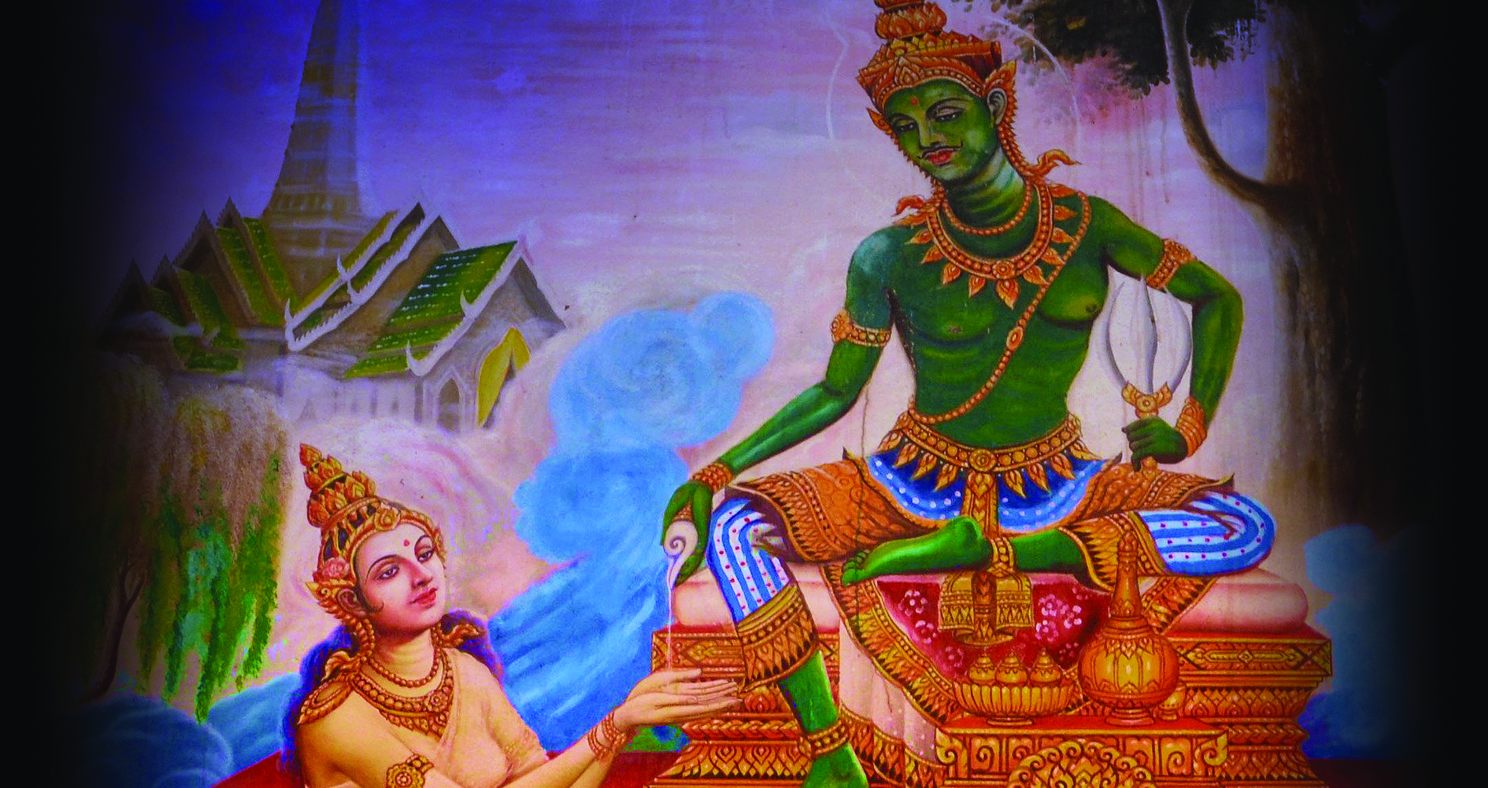
Images of Hinduism and Hindu deities have been integrated into our collective imagination as part of American popular culture. From the cover of Jimi Hendrix’s Axis: Bold as Love, photos of the Beatles seated alongside Maharishi Mahesh Yogi, the goddess on the cover of the first issue of Gloria Steinem’s Ms. magazine, or even Ganesha […]
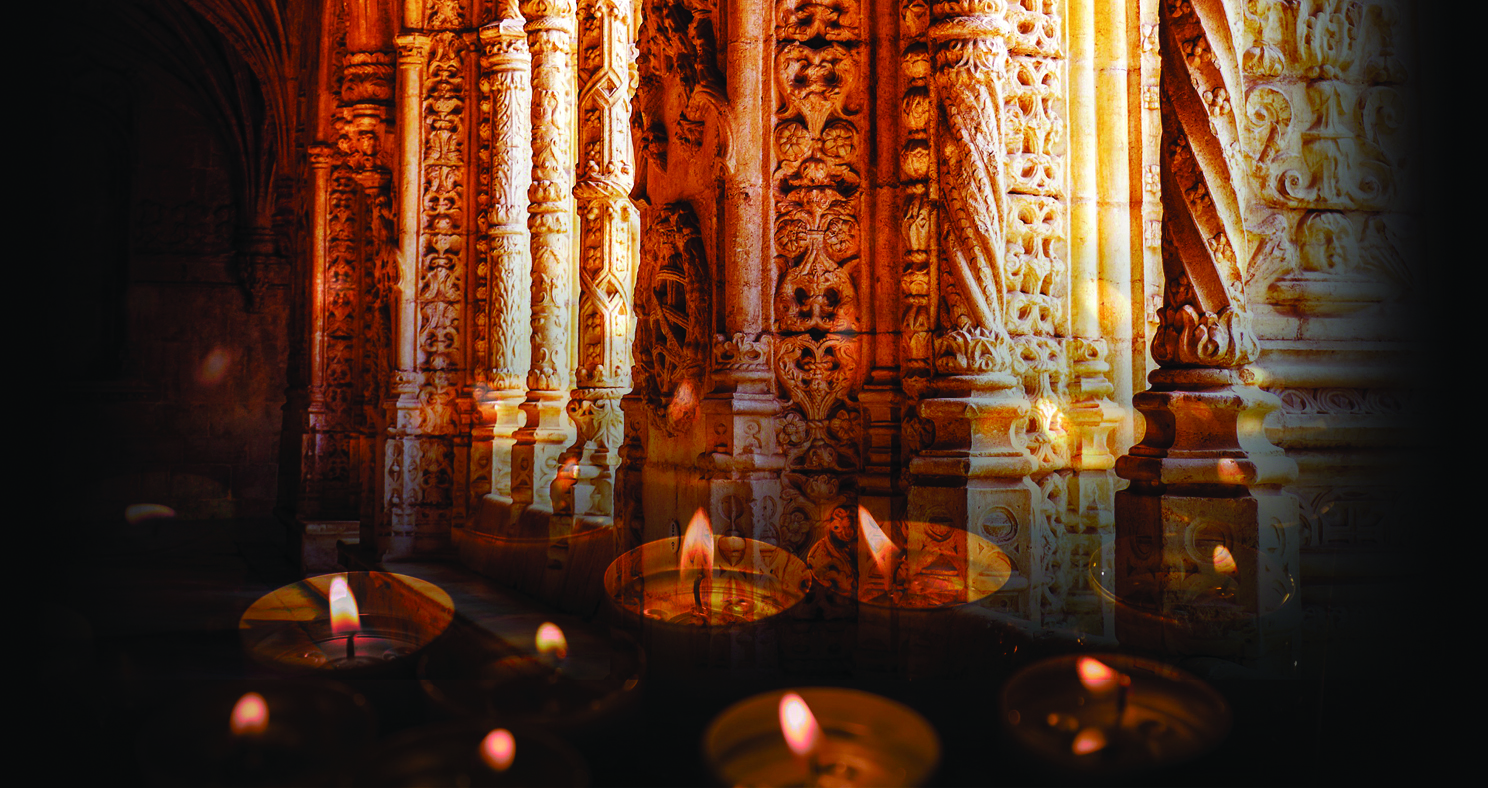
Saints and cult sites were central to religious practice in the Christian Middle Ages. This course examines four sites (Qalʿat Simʿān, Constantinople, Conques, and Chartres) to find evolving concepts of sanctity and forms of cultic practice in medieval sociopolitical context. When did new kinds of saints emerge? How did holy people interact with others in […]
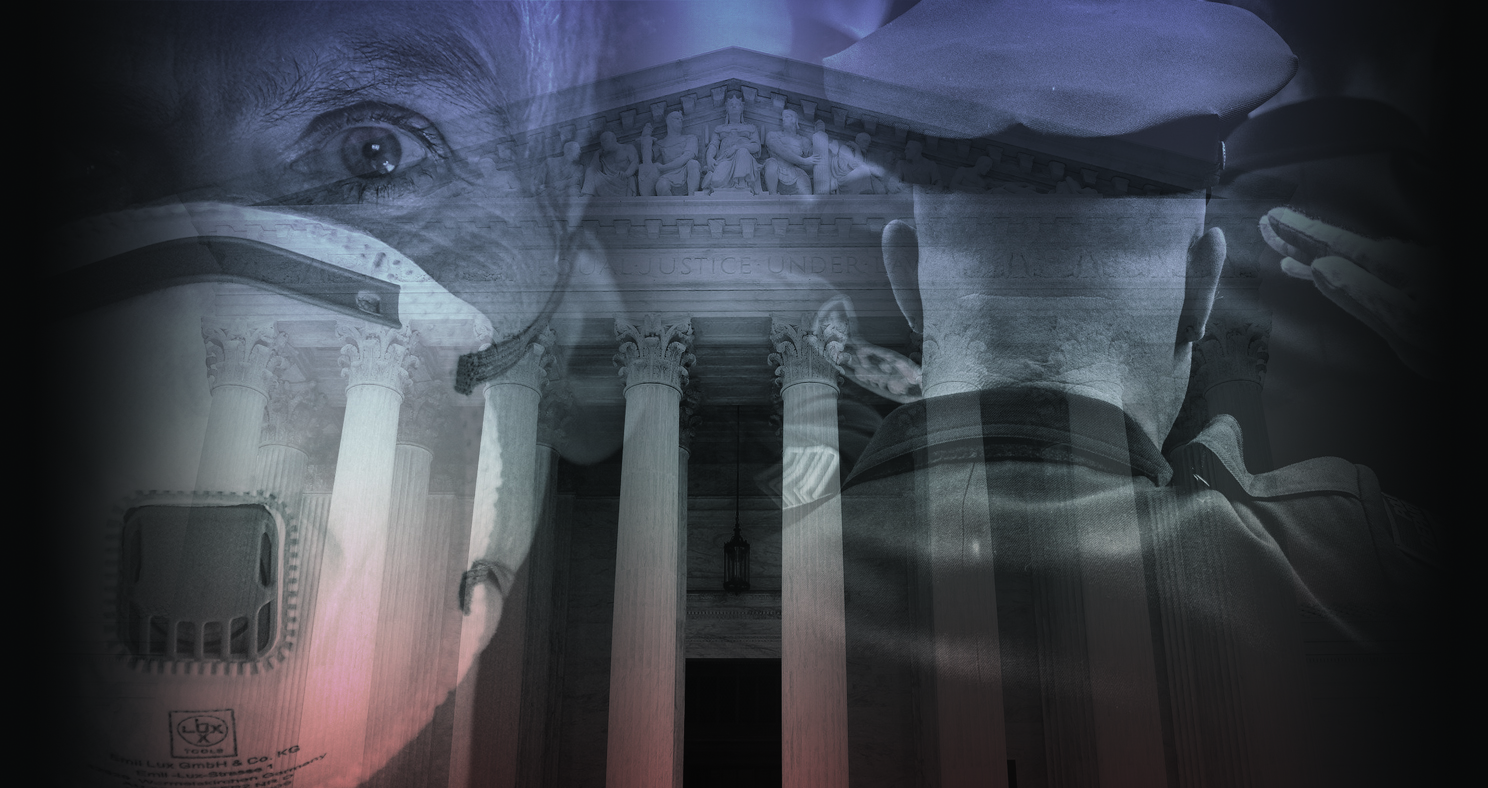
The COVID-19 pandemic has given rise to many legal and sociopolitical debates. This course will review the US Supreme Court’s role in those debates. The course will start off with a review of the Court’s 2020-2021 term. We will then explore in greater detail issues including individual liberties, compulsory vaccinations, COVID regulations and religious objections […]
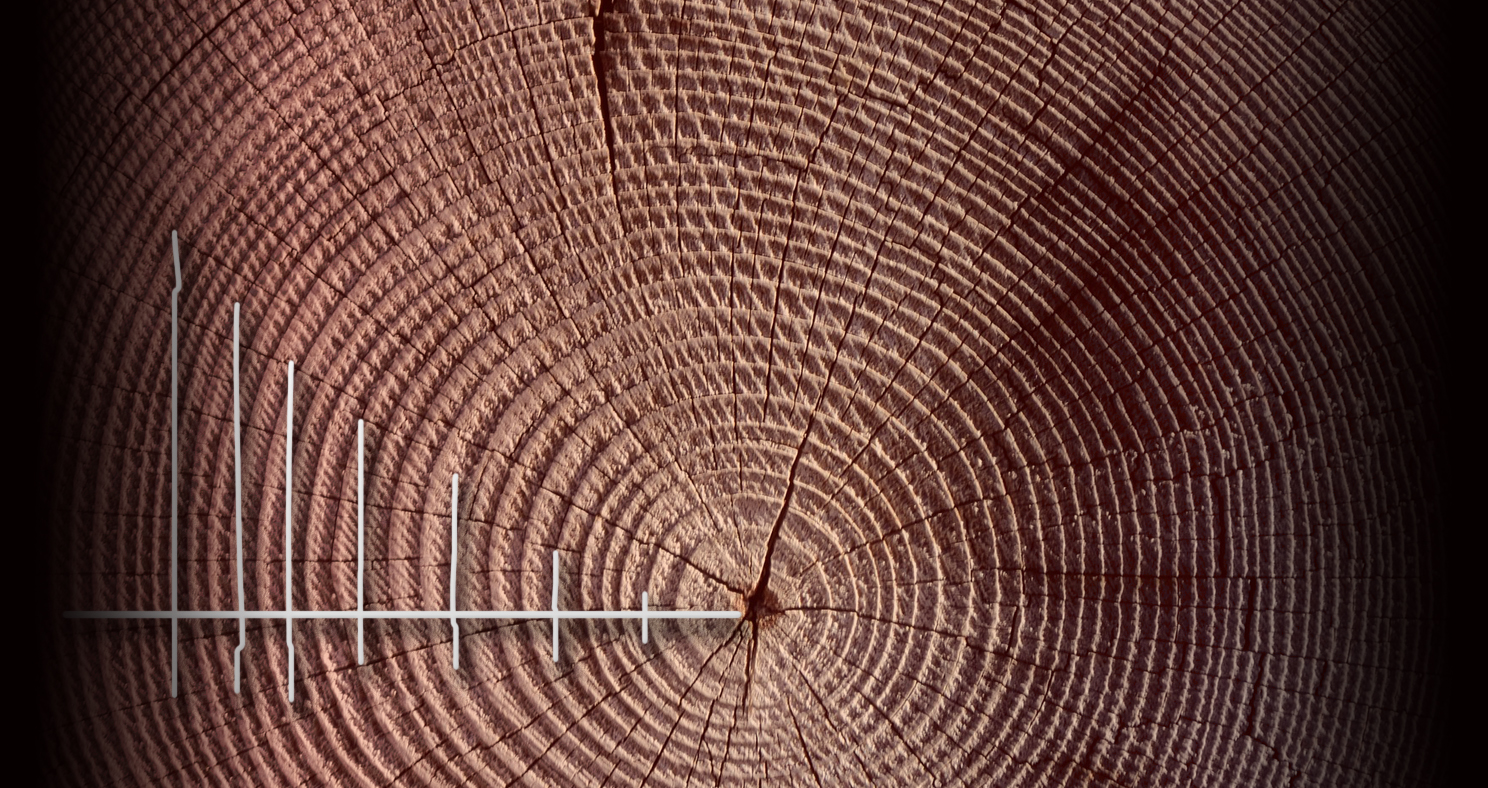
This course will focus on the scientific field of dendrochronology (from dendron=tree and chronos=time), or tree-ring science, and what it can tell us about the past, present and future. We will explore the fascinating history of how the science was developed by a pioneering astronomer interested in solar cycles; how it works; how it has […]
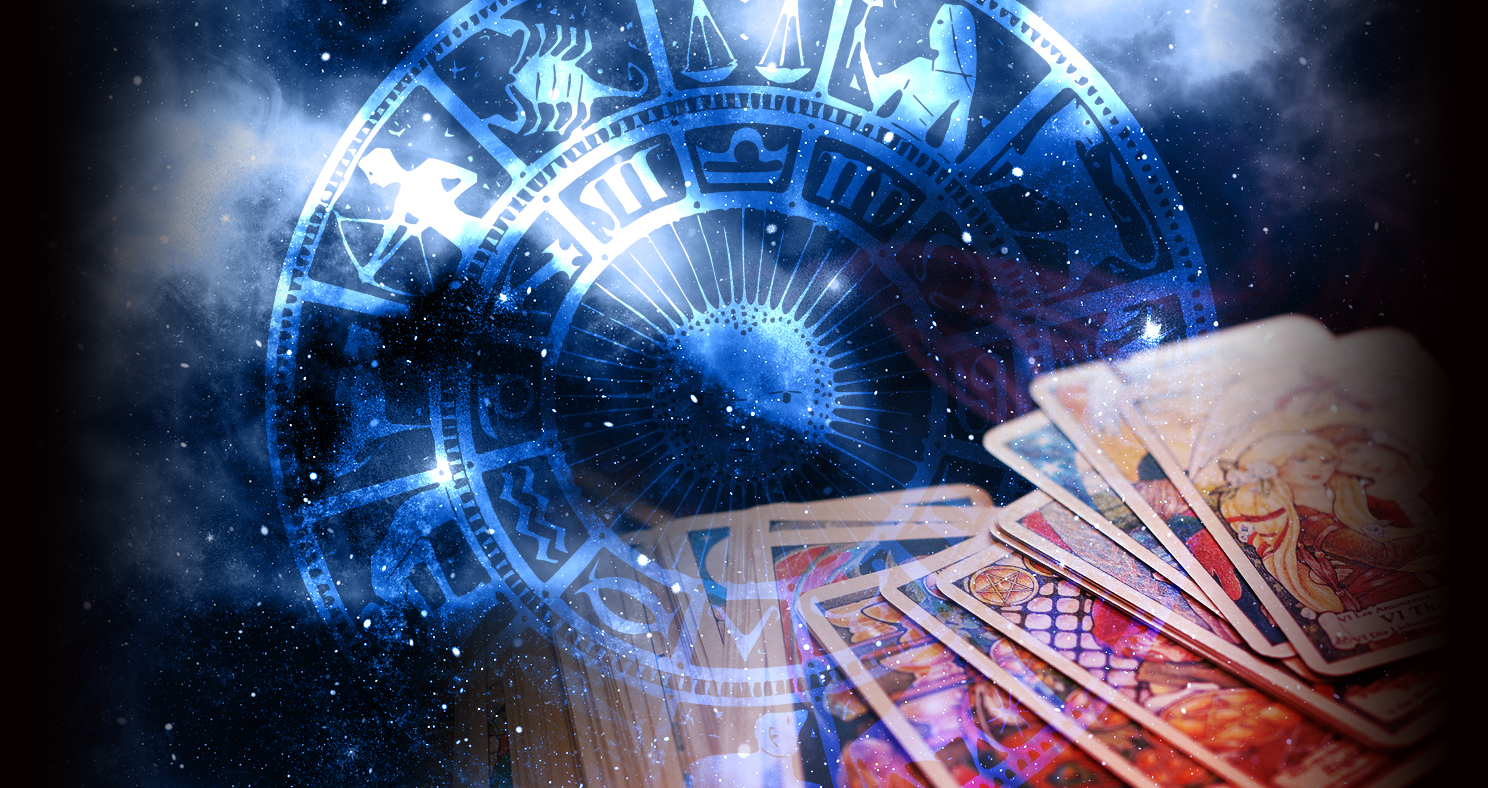
This seminar is a critical examination of the many areas which lie near science but which are not (for the most part) science, often called “marginal science” or “pseudoscience.” We will begin by examining scientific method and discovery science, falsifiability, and the nature of truth. Then each session will be devoted to a set of […]

Before his tragic murder at the hands of fascist rebels against Spain’s democracy in 1936, Federico García Lorca had established himself as one of Europe and the Hispanic World’s most promising young writers. His poetry brought to the explosion of avant-garde innovation of the first decades of the 20th century a grounding in the historical […]
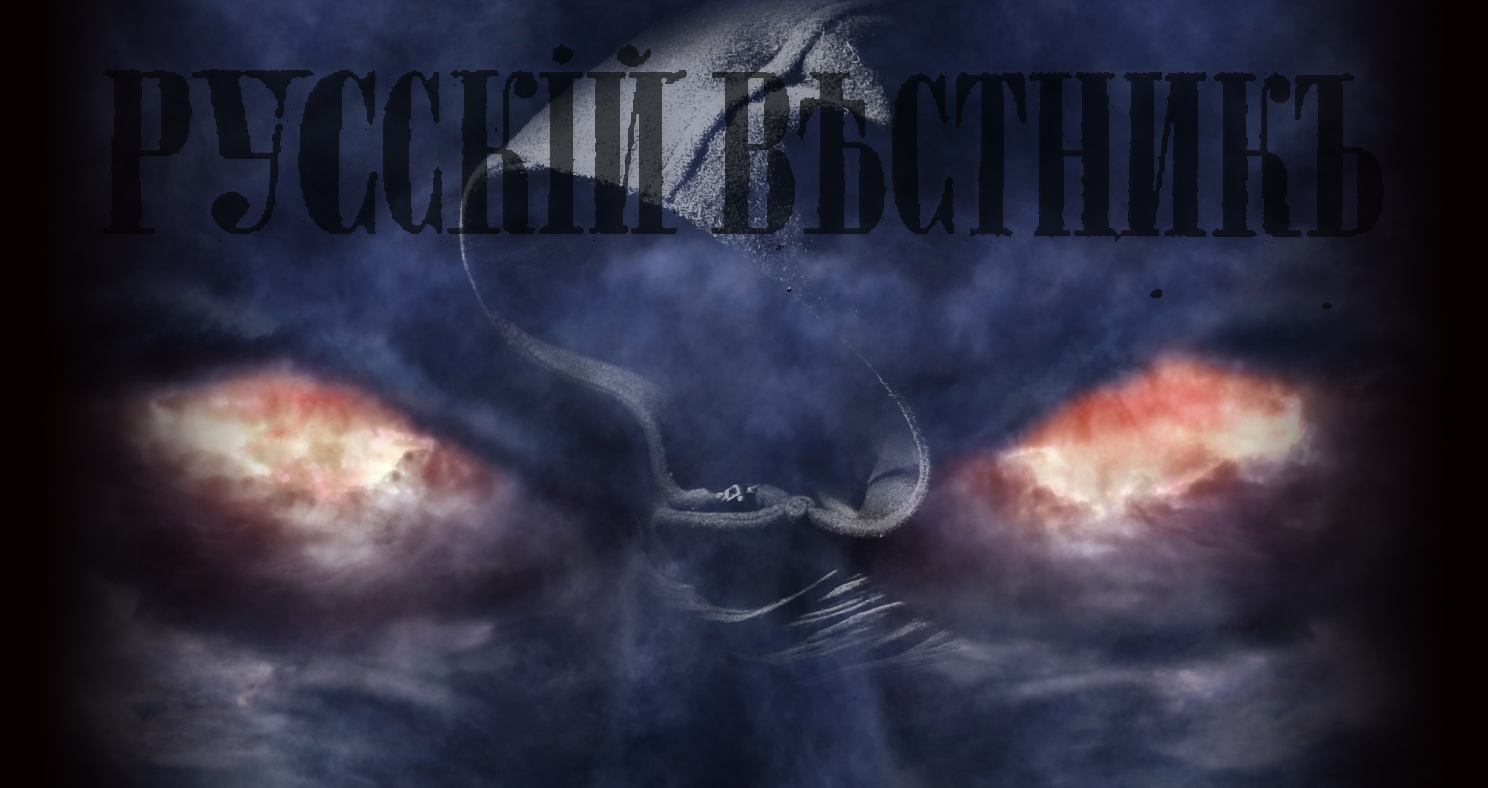
Dostoevsky’s Demons (1872) – according to Alexander Solzhenitsyn in 1970 – “are crawling across the whole world in front of our very eyes, infesting countries where they could not have been dreamed of” and “announcing their determination to shake and destroy civilization! And they may well succeed.” Often viewed as prophesying the 1917 Bolshevik Revolution, […]
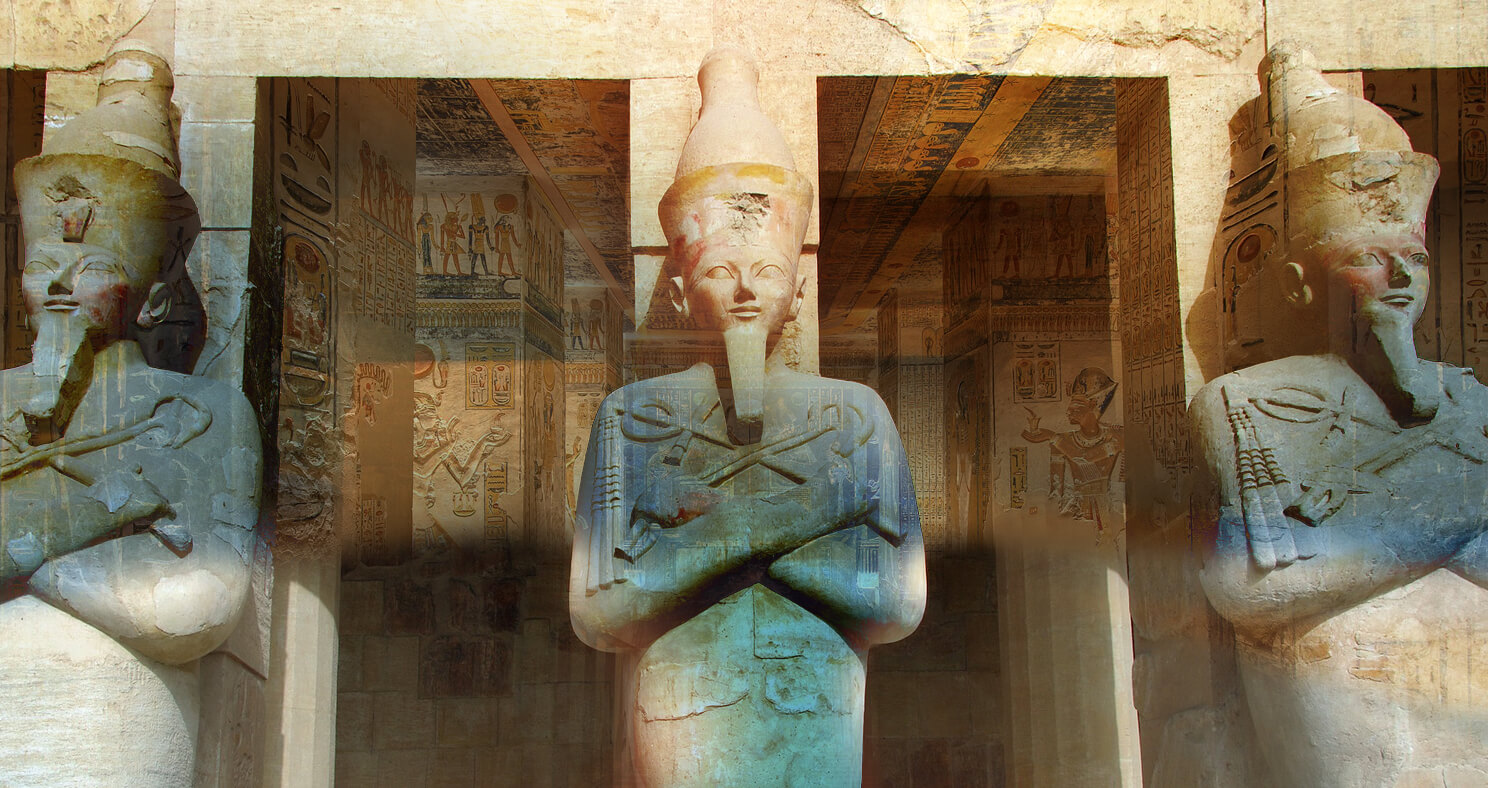
This course will survey the fundamentals of ancient Egyptian religion, from the Predynastic period (ca. 4000 BC) to the end of the New Kingdom (ca. 1000 BC). Material will be covered both diachronically and synchronically. This course offers an examination of intellectual thought and religious life of ancient Egypt, with a particular focus on the […]
